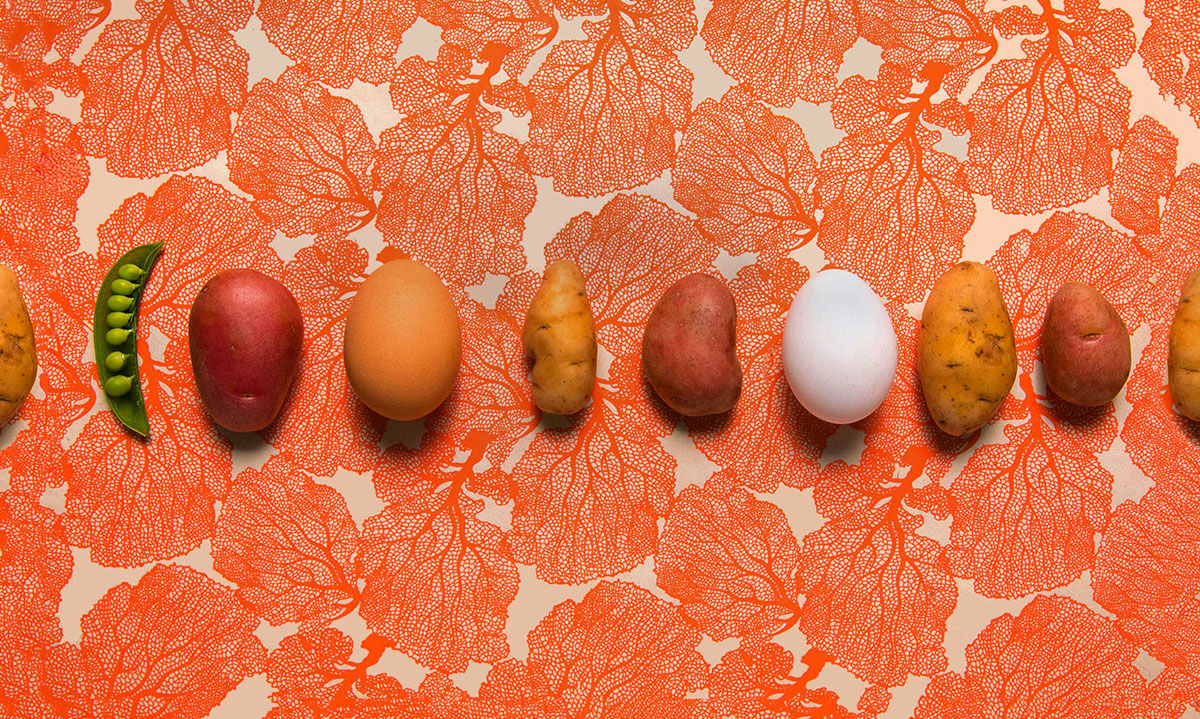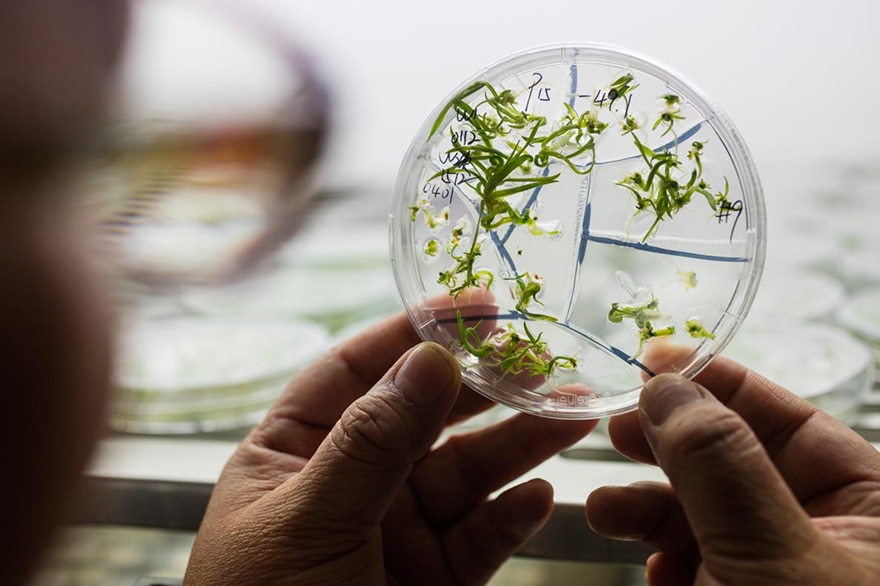A group of German Green MEPs supports the use of genetic engineering techniques, which they believe could make a significant contribution to sustainable development. This is a novel approach that runs counter to the position that environmentalists usually take on this subject.
In a June 10 forum, the 22 signatories - which include a European legislator - call for a " modernisation " of rules to govern genetic engineering.
Generally speaking, the Greens, like most environmental groups, are categorically opposed to the use of such techniques.
It should be noted that this is the first time the party has been so divided on a subject, although genomic research has been receiving growing support for several years, especially from young environmentalists.
The article states that genetic modification technologies could play a key role in sustainable development and offer opportunities " .for a healthy planet, and therefore for the good of citizens and the environment".
Biotechnology for a sustainable and just society?
As such, the Greens stress that it is their responsibility, as an environmental and socialist party, to assess the potential of such biotechnology for a sustainable and just society, both locally and globally. «We can no longer ignore the need for action, but we must also integrate our balanced and careful assessment of technologies with a dialogue with science to [promote] genetic engineering in agriculture.", says the document.
The forum draws a parallel with the use of genetics in the health sector. According to the signatories, the use of this technique in the health sector demonstrates that there is no "no good or bad genetic engineering", but that areas of application should instead be defined " based on risks and outlook" that this one presents.
MEPs are also concerned that the current rules on genetically modified organisms (GMOs) " .is no longer in line with current advances in science...", but only serves to go in the direction of agricultural monopolies.
Viola von Cramon-Taubadel MEP, one of the signatories of the document, said that the document was "a very important step forward". indicated to the Euractiv agency that a dynamic in favour of this technology was taking hold within the party. According to her, the authors of the article work to keep the debate scientific rather than ideological.
"The current legislation is very contradictory", argues the German. The CRISPR system, in particular, is frequently used in medical research, but not in agriculture, and this inconsistency needs to be corrected, she explains.
"This] over-regulation is also an obstacle for SMEs, [because it is] very bureaucratic, costly and burdensome. As a result, it means that in ten years' time [European production will] be relocated and EU farmers will have to buy improved seeds elsewhere at a high price....".
Viola von Cramon-Taubadel added that many members of the party shared this view and were in favour of an open debate, but did not sign the platform because they were reluctant to speak out on this sensitive issue.
- READ IN UP' : Organisms modified by CRISPR are legally GMOs
A response to the challenges of agriculture
Beat Späth, Director of Agricultural Biotechnology for EuropaBio, welcomes the initiative. It is "Encouraging to see more progressive voices based on science being expressed within the German Green Party", he considers.
Genetic modification "has the potential to respond effectively to many of the challenges facing agriculture and society in general today", says Beat Späth. «I look forward to an open and factual political dialogue on this subject.", he assures.
In response to the rostrum, Martin Häusling, the Greens/EFA spokesman for agriculture in the European Parliament, and Harald Ebner, the German Greens' spokesman for genetic engineering and bio-economic policy, issued a separate statement reinforcing the Greens' initial position.
According to the two Germans, the article cannot "in no way speak of a questioning by the Greens of how the precautionary principle and the 2018 ruling of the Court of Justice of the EU (CJEU) should be followed». They add that "spontaneous [forums] contribute to the debate, but do not change majority decisions".
According to the statement, the majority of Greens still want new genetic technologies to be strictly regulated and the freedom of choice of consumers and farmers to be preserved.
Franziska Achterberg, Food Policy Director of Greenpeace Europe, agrees, saying that it would be a " ".minority position" within the German Green Party.
It is "it's pretty amazing that someone who stands up for high environmental and social standards..." or in favour of a relaxation of European legislation on GMOs, she argues. Agrochemical companies "will benefit from patents on GM technologies and seeds, but I don't know why the Greens would go along with this.", says the director.
This debate on genetic engineering is taking place in the context of a study carried out by the Commission to dispel the vagueness surrounding this technology, after the ECJ ruled that GMOs fall within the scope of the relevant EU directive.
Source: Euractiv












